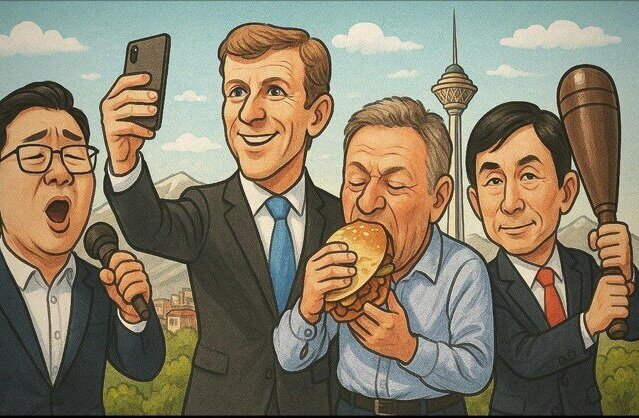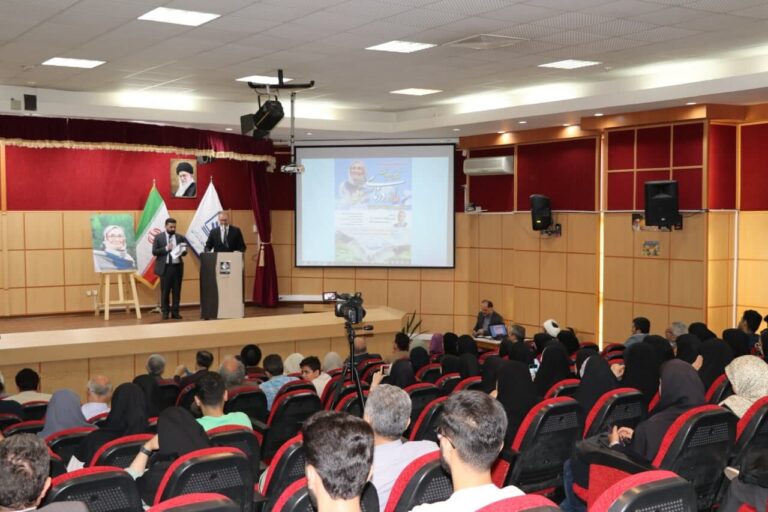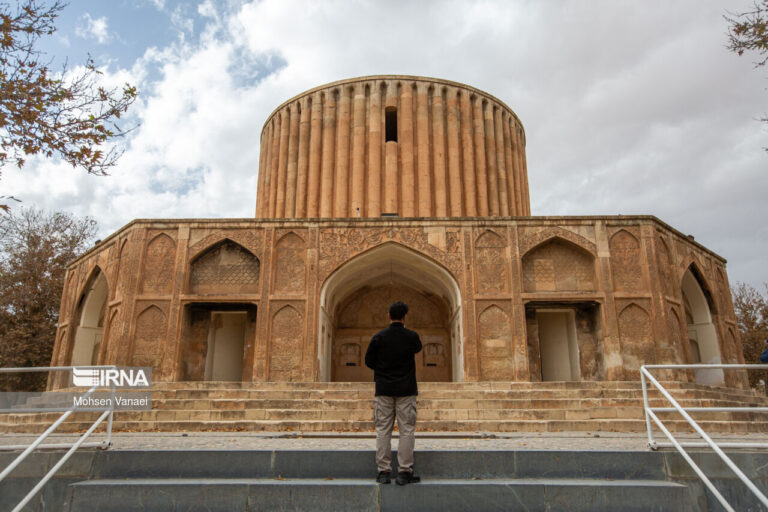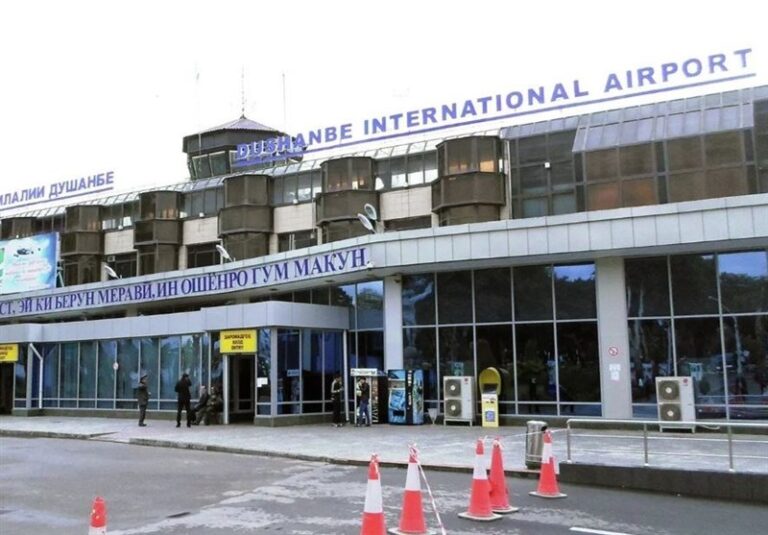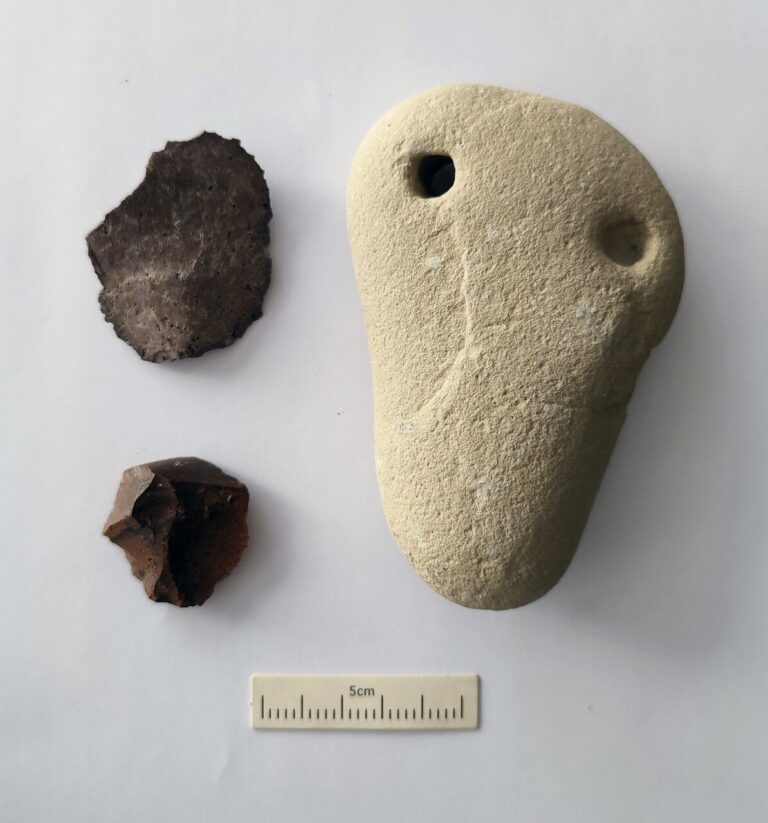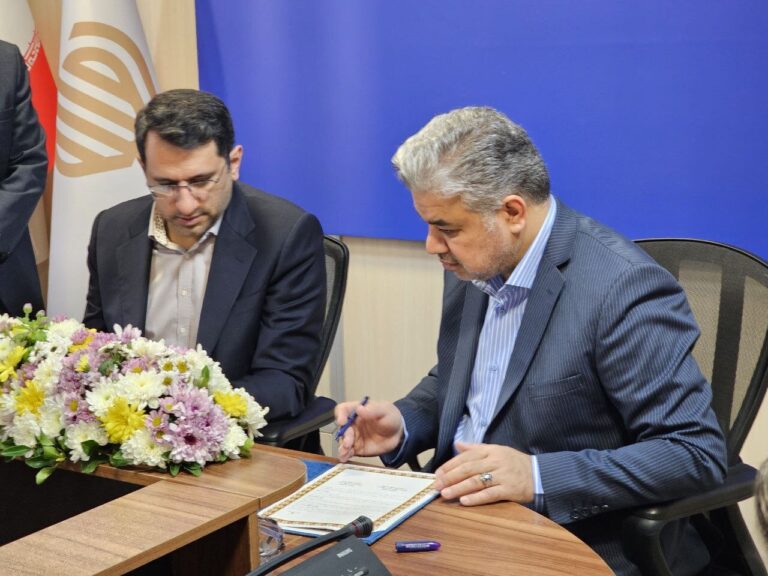Embracing Digital Diplomacy: A Game-Changer for Modern Diplomats and Ambassadors
In the dynamic realm of global tourism, the concept of soft power has emerged as a pivotal strategy for attracting potential travelers to host countries. Recently, Mohsen Sohani, a prominent tourism researcher, emphasized the importance of utilizing this tool effectively. His insights were shared in an interview with ISNA, where he discussed the evolving role of public diplomacy, particularly through popular digital platforms.
Sohani highlighted that foreign ambassadors in Iran can play a crucial role in fostering cultural connections by engaging in local traditions, such as enjoying a traditional Persian dish like Abgoosht or Kebab. For example, he mentioned South Korea’s Ambassador to Tehran, Kim Jun-pyo, who showcased his cultural appreciation by singing an old Iranian song, demonstrating that diplomacy can be both engaging and enjoyable.
Historically, ambassadors were seen merely as formal representatives in elegant suits, attending official functions and making formal statements. However, the landscape of diplomacy has significantly shifted. A glance at virtual media and social networks reveals how today’s ambassadors are breaking this mold. For instance, the UK ambassador shares his fond memories of Iranian tea from the old embassy building, while the German ambassador discusses his experiences enjoying döner kebab in Ferdowsi Square. Additionally, the Japanese ambassador participates in traditional Zoorkhane practices, showcasing a more relatable and human side of diplomacy.
Embracing Social Media for Public Diplomacy
A report from the Brookings Institution indicates that over 85 percent of countries have encouraged their ambassadors to maintain an active presence on social media in 2023. The rationale is evident: a single Instagram post can carry more impact than extensive official negotiations. Joseph Nye defines soft power as the ability to attract and persuade without resorting to force or financial incentives. This approach leverages culture, values, and the legitimization of policies.
Public diplomacy, a key component of soft power, focuses on direct engagement with international audiences. In today’s digital age, these principles have become intertwined with the rise of social media, leading to a new form of conflict referred to as soft war. This type of conflict is fought not with weapons, but with narratives, national branding, and the manipulation of public opinion, often described as a “global war of identity” within contemporary hybrid warfare.
The Role of Ambassador-Influencers
Countries that craft the most engaging and relatable narratives tend to dominate the influence landscape. This is where the concept of ambassador-influencers becomes essential. By personalizing diplomatic efforts, these individuals can transcend traditional state barriers, fostering trust and empathy among diverse populations.
- Engagement through social media
- Building cultural bridges
- Creating relatable narratives
Yet, a pressing question arises: Why are there no Iranian ambassadors or cultural counselors abroad crafting such impactful narratives? Why haven’t Iranian diplomats in cities like London, Paris, or Seoul painted a vibrant and intimate picture of contemporary Iran? The prevailing narratives often remain official, censored, or outdated, failing to resonate with global audiences.
Challenges in Communication
To understand this gap, we must consider a mix of factors including fear, distrust, a lack of specialized expertise, and structural inefficiencies. Our approach to cultural diplomacy has often overlooked the power of communication sciences. Many still adhere to traditional frameworks, hesitant to embrace the opportunities presented by digital engagement. This reluctance extends to a fear of utilizing imagery, humor, nostalgia, and direct communication with the public.
Despite these challenges, Iran, with its rich history and diverse cultural narratives, possesses a unique advantage in captivating the global audience. In an era where media narratives significantly influence perceptions, remaining inactive in such crucial domains risks rendering Iran culturally invisible. A transformative shift is necessary within Iran’s diplomatic framework, particularly within the Ministry of Foreign Affairs and the Islamic Culture and Communication Organization.
Envisioning a New Era of Diplomacy
This transformation should redefine public diplomacy, where every ambassador and advisor acts as a media advocate, utilizing every opportunity, especially in the digital realm, as a means to build cultural bridges and enhance soft power.
In conclusion, embracing soft power through innovative public diplomacy and active social media engagement can significantly enhance Iran’s global image and attractiveness as a tourist destination. By fostering a culture of openness and relatability, Iranian diplomats can effectively convey the rich narratives of their nation, inviting the world to explore its wonders.
